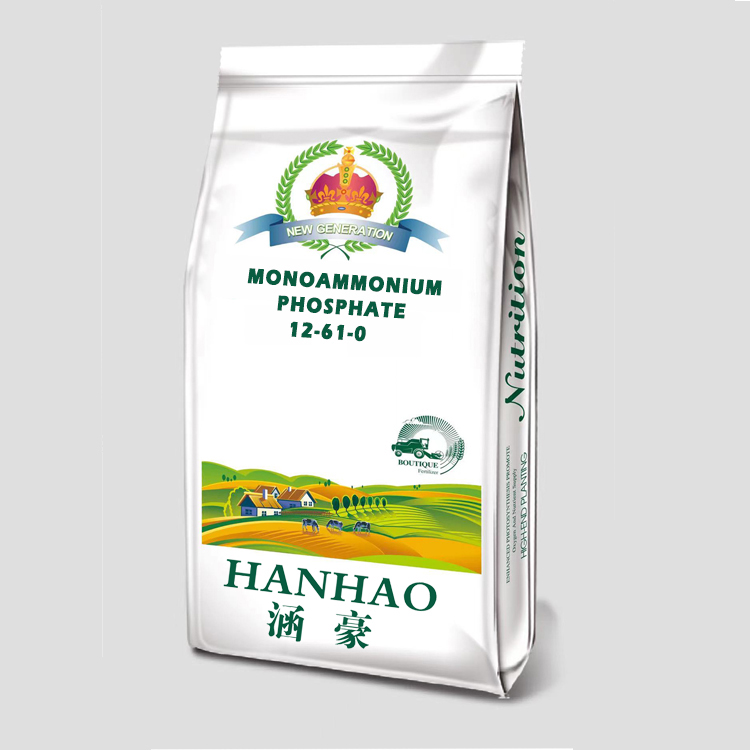
Dec . 04, 2024 22:38 Back to list
concentrated organic manure
The Importance of Concentrated Organic Manure in Sustainable Agriculture
In the pursuit of sustainable agriculture, the focus has shifted towards practices that enhance soil health, improve crop yield, and minimize environmental impact. One of the most promising methods in this endeavor is the use of concentrated organic manure. This article explores what concentrated organic manure is, its benefits, and its role in promoting sustainable farming practices.
Understanding Concentrated Organic Manure
Concentrated organic manure refers to organic fertilizers that have been processed to contain a higher percentage of nutrients than traditional organic manures. It is typically derived from livestock waste, compost, and plant residues, which are subjected to processes that concentrate their nutrient content. The result is a product that is rich in essential nutrients such as nitrogen, phosphorus, and potassium, as well as micronutrients that are crucial for plant growth.
The processing may involve techniques such as composting, anaerobic digestion, or drying, which not only enhance nutrient concentration but also help in reducing pathogens and weed seeds. This makes concentrated organic manure a potent alternative to synthetic fertilizers, aligning with the principles of organic farming and environmental stewardship.
Benefits of Concentrated Organic Manure
1. Nutrient-Rich Input Concentrated organic manure is loaded with essential nutrients required for healthy plant growth. Its higher nutrient concentration means that farmers can apply smaller quantities compared to traditional manures, resulting in fewer trips to the field and reduced labor costs.
2. Improved Soil Health Regular application of concentrated organic manure enhances soil structure, increases microbial activity, and boosts organic matter content. Healthy soils not only support better crop growth but also improve water retention and reduce erosion, creating a more resilient farming system.
3. Sustainable Waste Management Utilizing animal waste and organic residues in the production of concentrated organic manure helps manage waste effectively. It reduces the environmental impact of agricultural operations and contributes to a circular economy by repurposing waste materials into valuable resources.
4. Reduction of Chemical Usage By providing a natural source of nutrients, concentrated organic manure helps reduce reliance on chemical fertilizers. This is vital in combating issues like soil degradation, water contamination, and loss of biodiversity—problems often exacerbated by synthetic inputs.
concentrated organic manure

5. Enhanced Crop Yield and Quality Studies have shown that crops grown with concentrated organic manure tend to exhibit improved growth rates and better resilience against pests and diseases. Furthermore, the organic matter enhances the flavor, nutritional quality, and market value of the produce, benefiting farmers economically.
Implementing Concentrated Organic Manure in Farming Systems
For farmers considering the integration of concentrated organic manure into their practices, it is crucial to conduct a soil test to determine nutrient requirements. Understanding the nutrient content of the manure product is also essential, as this ensures optimal application rates and prevents potential nutrient runoff.
Farmers can apply concentrated organic manure during planting or as a top dressing, depending on crop needs. Crop rotation and cover cropping can further enhance the benefits, as these practices improve soil health and nutrient availability.
Challenges and Considerations
Despite its numerous advantages, the adoption of concentrated organic manure is not without challenges. Farmers may face initial costs associated with sourcing or producing concentrated organic manure. Additionally, education and training on its proper application are vital to avoid mismanagement, which could lead to nutrient runoff or imbalances in soil nutrients.
Moreover, the effectiveness of concentrated organic manure can vary based on regional soil types, climate conditions, and crop varieties. Therefore, it is important for farmers to tailor their approach based on their specific circumstances.
Conclusion
Concentrated organic manure represents a significant advancement in organic farming practices and sustainable agriculture. Its numerous benefits, from improving soil health to reducing chemical dependency, make it an invaluable resource for farmers looking to enhance their productivity while safeguarding the environment. By embracing this innovative approach, the agricultural community can take a crucial step towards a more sustainable and resilient food system. As the demand for sustainable practices continues to grow, concentrated organic manure stands out as a promising solution for the challenges facing modern agriculture.
-
Premium Organic Manure Compost for Eco Gardens
NewsAug.01,2025
-
Organic 10-10-10 Fertilizer | Balanced Plant Nutrients
NewsJul.31,2025
-
Premium Amino Acid Fertilizer | Rapid Plant Growth Booster
NewsJul.31,2025
-
10 10 10 Fertilizer Organic—Balanced NPK for All Plants
NewsJul.30,2025
-
Premium 10 10 10 Fertilizer Organic for Balanced Plant Growth
NewsJul.29,2025
-
Premium 10 10 10 Fertilizer Organic for Balanced Plant Growth
NewsJul.29,2025
